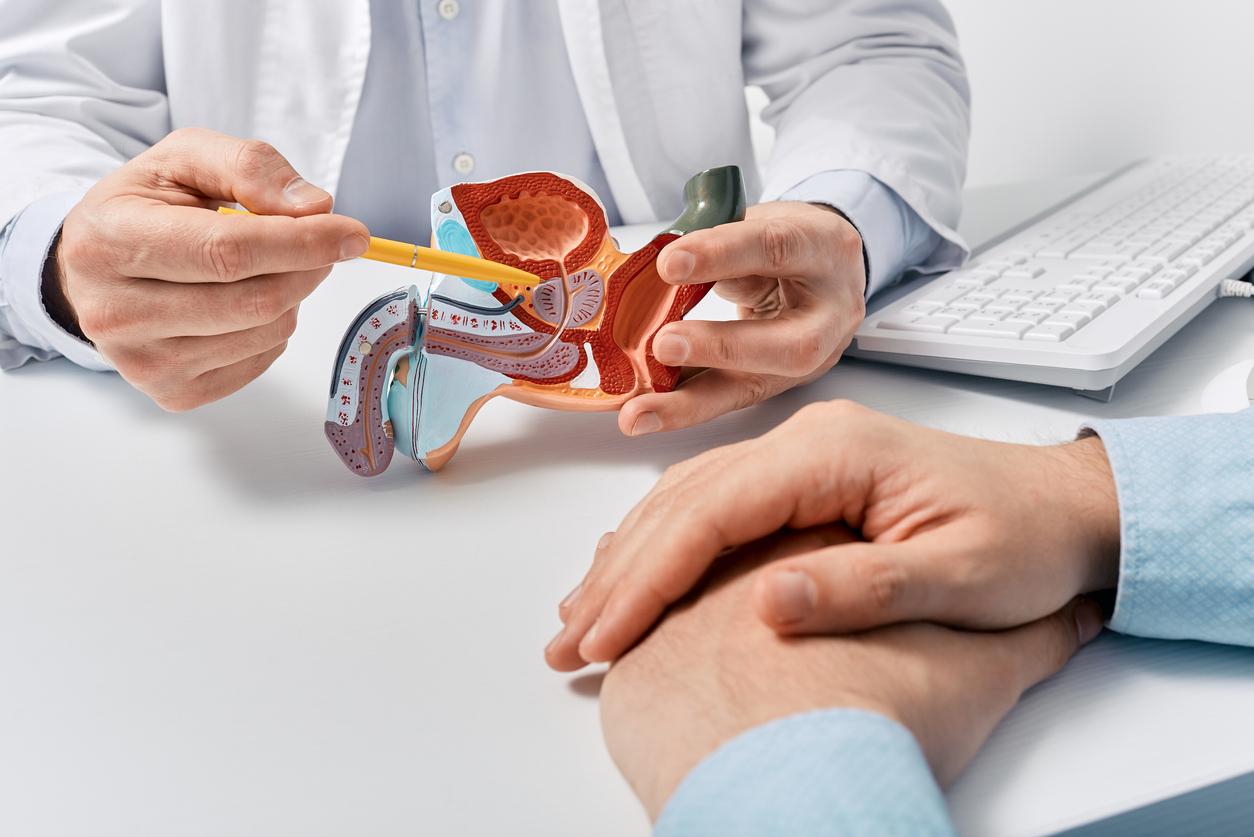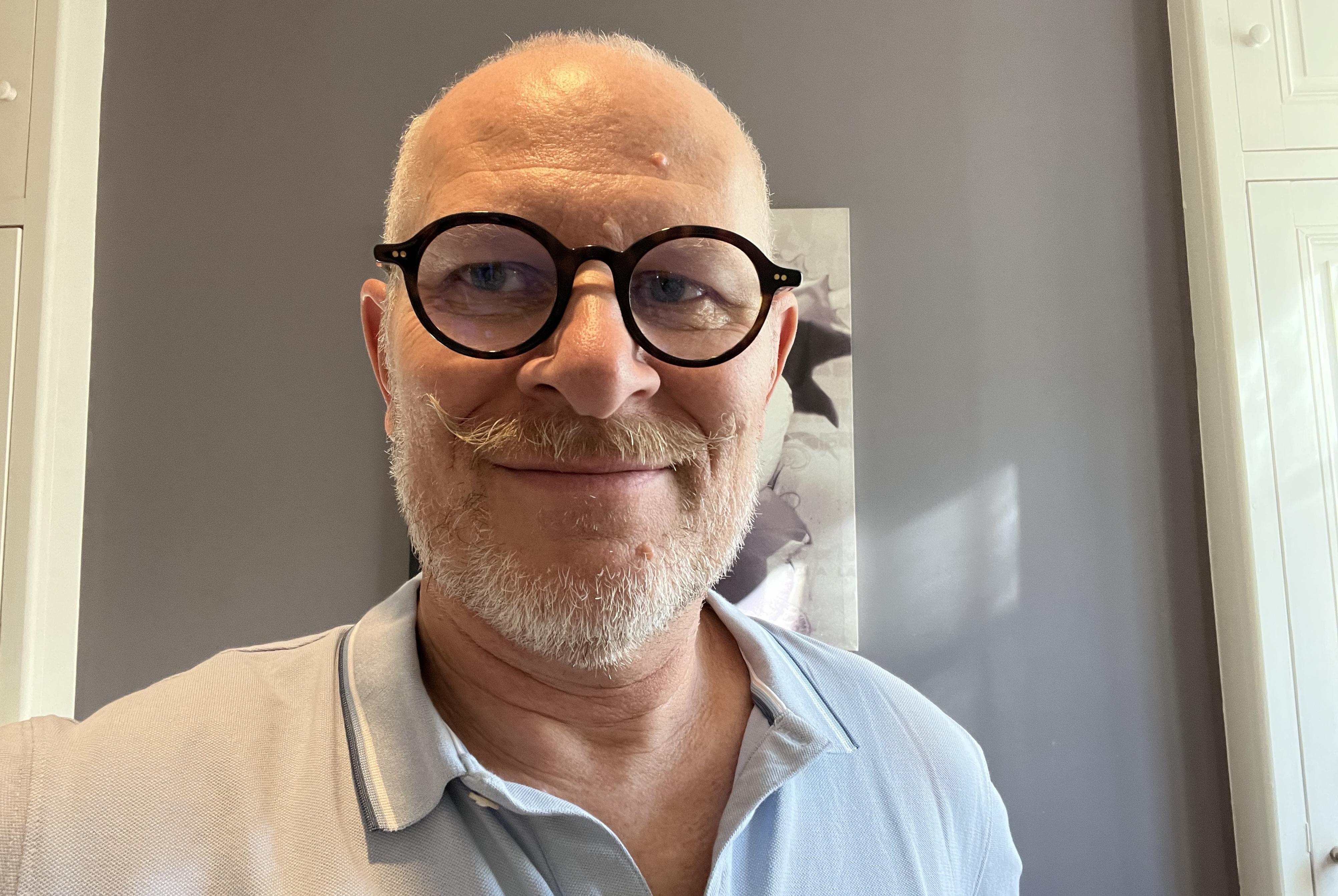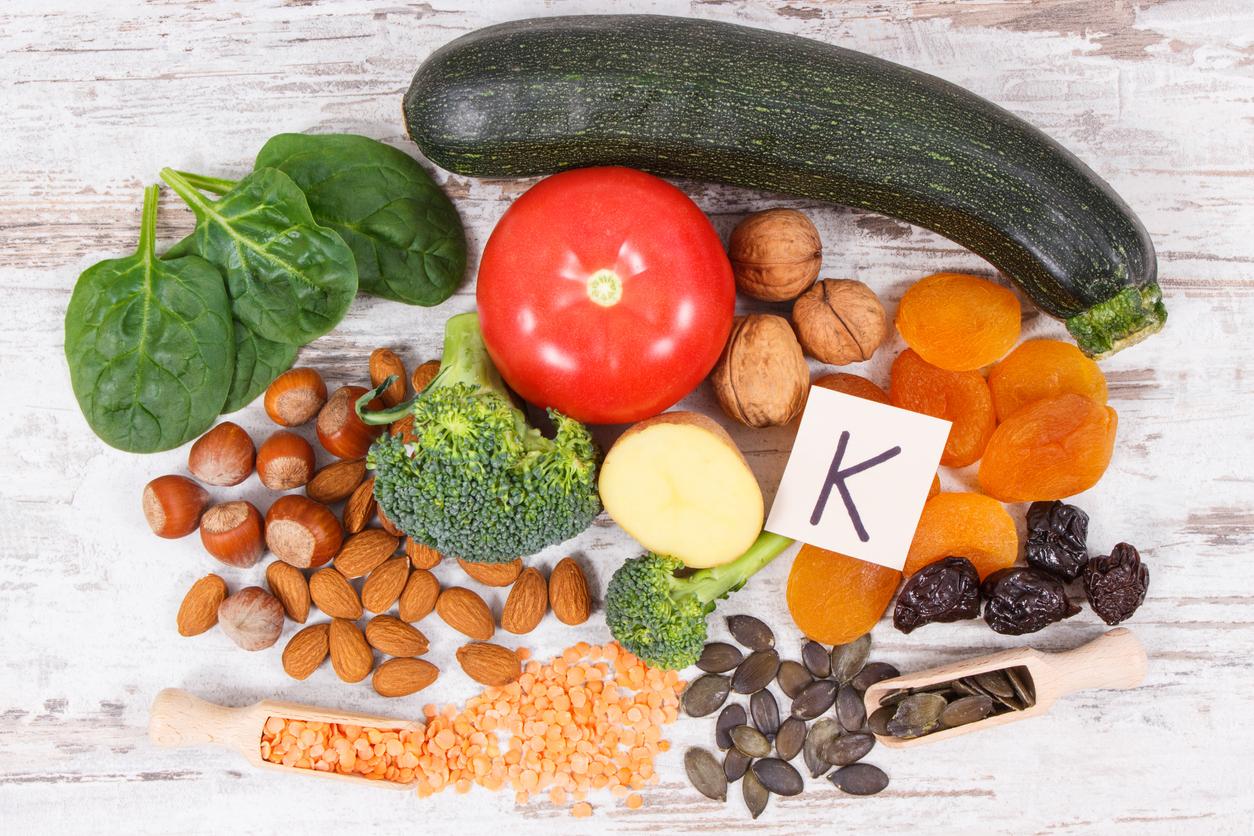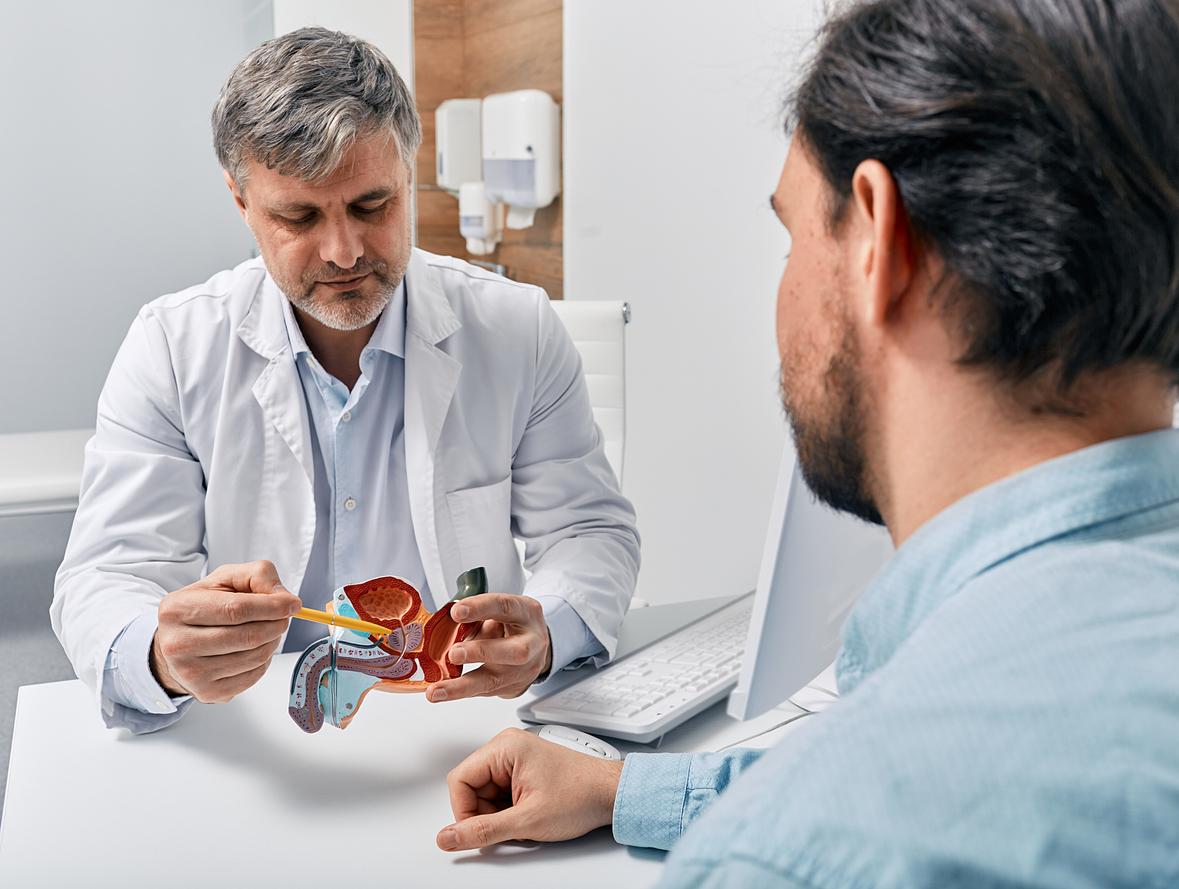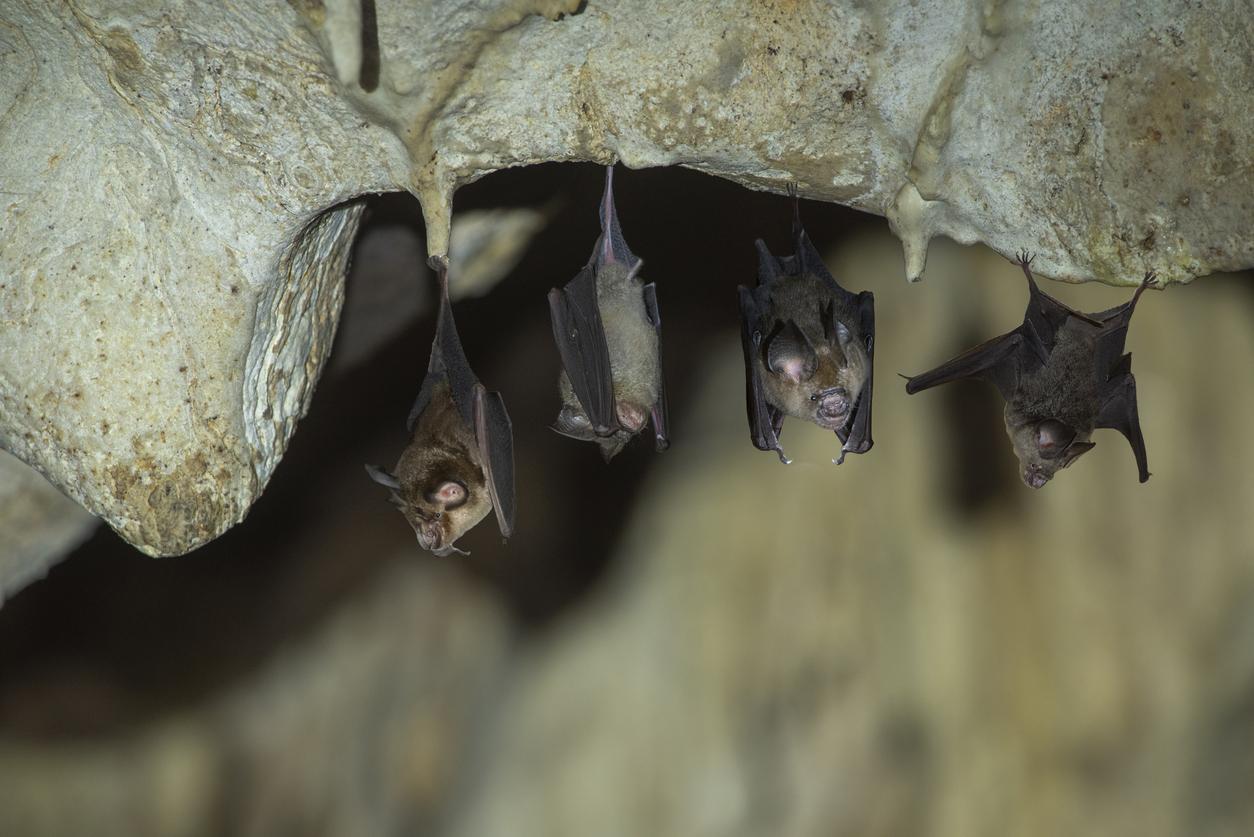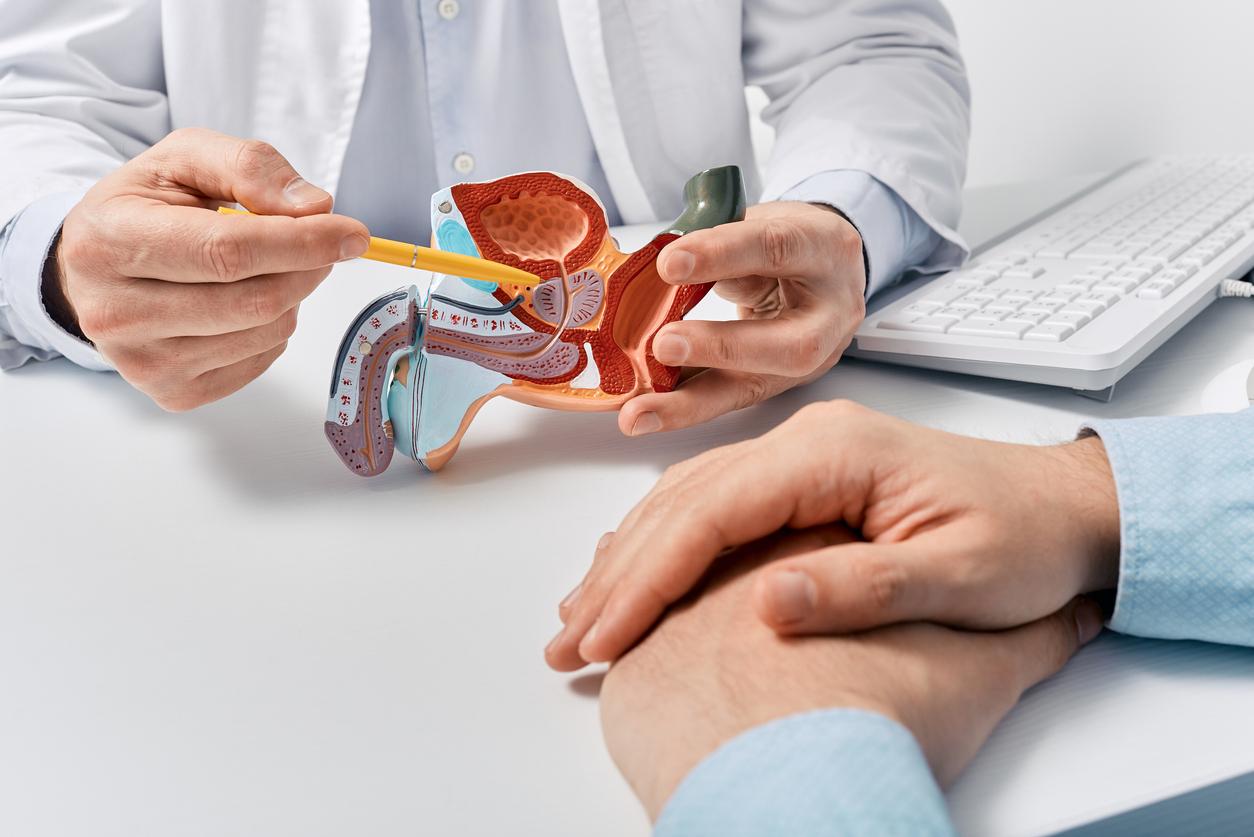Chlordecone, a pesticide widely used in the cultivation of bananas in the West Indies, could multiply up to three times the risk of recurrence of prostate cancer.
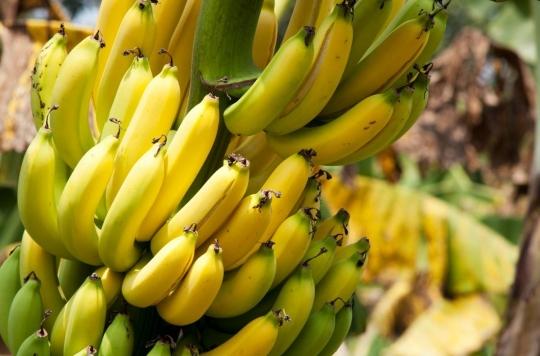
“You shouldn’t go so far as to say it’s carcinogenic because you’re saying something that’s not true and you’re fueling fears.” This sentence was pronounced by Emmanuel Macron, about chlordecone, on February 1 during a meeting with elected officials from overseas. A study published Thursday, March 21 in International Journal of Cancer contradicts the words of the President of the Republic. According to two French researchers, being exposed to this pesticide increases the risk of recurrence of prostate cancer.
A product used until 1993
In 1979, the World Health Organization classified chlordecone as a possible carcinogen. The product continued to be used in West Indian banana plantations until 1993, when it was banned. It killed the banana weevil, an insect that destroys crops. Today, the French West Indies are largely contaminated: soils, rivers, livestock, vegetables, traces of the chemical should remain for centuries.
Several studies indicate that the ultra-toxic pesticide would be responsible for severe neurological disorders (motor, mood, speech and immediate memory disorders, anarchic movements of the eyeballs) and testicular disorders. In 2010, Luc Multigner, researcher at the National Institute of Health and Medical Research, and Pascal Blanchet, head of the urology department at the University Hospital of Guadeloupe, show that chlordecone is associated with a significant increase in the risk of cancer of the prostate, in a study published in the Journal of Clinical Oncology. In this new research, conducted by the same scientists, we learn that exposure to the pesticide can increase the risk of recurrence of prostate cancer up to three times.
The concentration of chlordecone in the blood as an indicator of risk
326 men took part in the study, which lasted six years: all suffered from a form of prostate cancer and were treated by prostatectomy, the removal of the prostate gland. Their concentration of chlordecone in the blood was analyzed: when it reaches 1 microgram per liter the risk of recurrence of prostate cancer doubles, even triples, compared to unexposed men. According to the two scientists, the ultra-toxic product could help the proliferation of tumor cells still present in the body after ablation. 15% of the Caribbean population would have this level of chlordecone in the blood.
In the French West Indies, men are much more affected by prostate cancer: there are 230 new cases per 100,000 people each year in Martinique. On this island and in Guadeloupe, the disease is twice as common as in mainland France.

.









